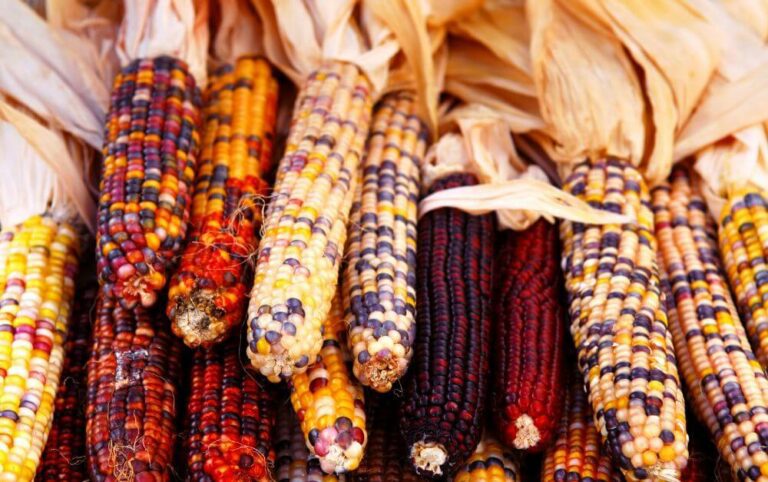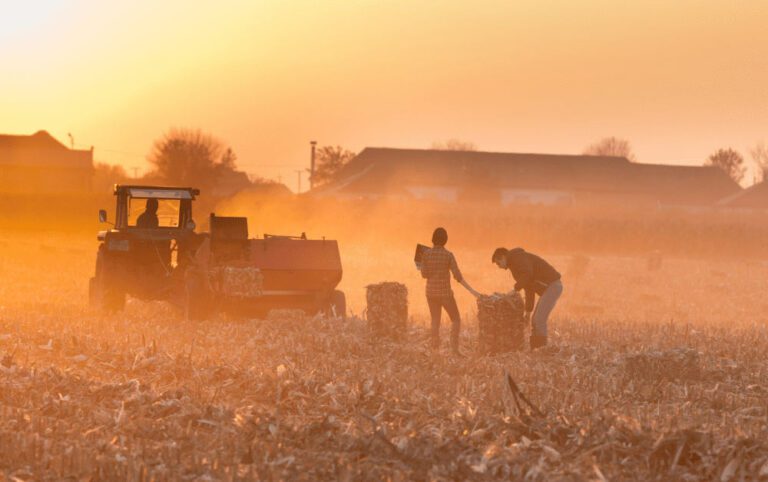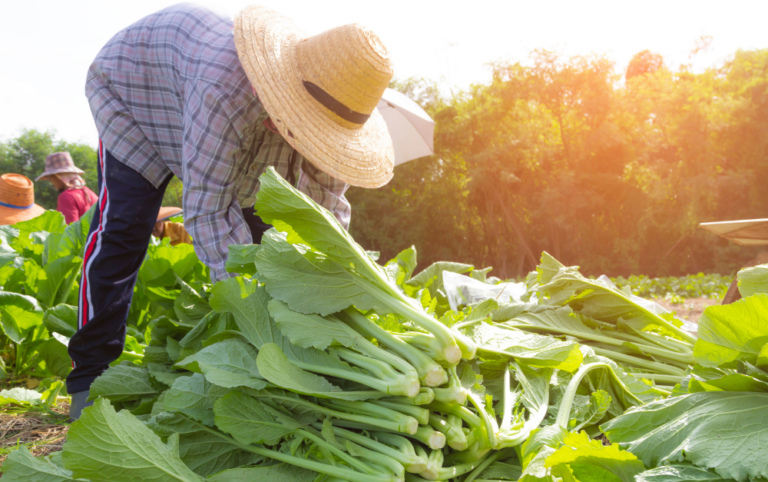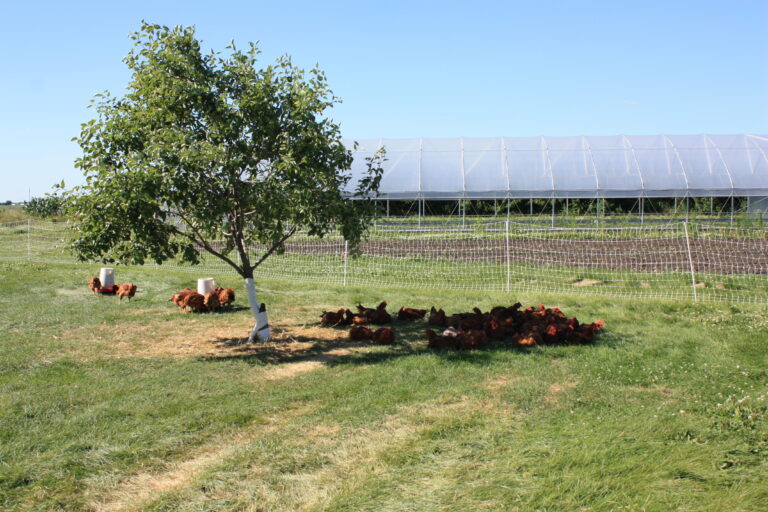On April 1, 2024, Mexico was set to follow through with its 2020 commitment to ban the toxic herbicide glyphosate (the active ingredient in Bayer’s Roundup in the USA and Faena in Mexico) by 2024. When the plan to phase out glyphosate and genetically engineered (GE) corn was originally laid out, Mexico’s government cited the purpose of the new policies as “contributing to food sovereignty and security” and the health of the Mexican people, as well as protecting native corn from contamination by GE pollen. Glyphosate is a pervasive herbicide frequently used on corn and other commodity crops, and genetically engineered corn is often modified to—among other things—be resistant to glyphosate.

News & Analysis
About every five years, the U.S. Congress passes the biggest set of food and farming policies that define the majority of federal farm, food, nutrition, and rural economic programs. At a cost of about $440 billion over five years, these programs influence: What is grown; who grows it; how it is grown or produced; what is done with those products and where they are sold; who can access and afford those goods; and how we invest in rural communities.
By supporting good legislation, opposing bad legislation, and building up a network of supporting organizations, it is our hope that we can collectively move the needle on farmworker rights in the right direction.
Watch and listen as two experienced farmers share stories and practical approaches for small-scale, diversified farms that use the principles of agroecology. This discussion may provide you with ideas that small farms where you live can adapt and thrive.
After many long days of negotiations, the U.N. Environment Programme (UNEP) made a historic move for safer food and farming by passing a resolution on highly hazardous pesticides (HHPs) that calls for action to globally phase out the use of the world’s most toxic pesticides by 2035. Tied with this resolution was the passing of a mandate for UNEP to implement this commitment by forming the Global Alliance on HHPs.
PFAS are persistent and have the potential to affect human health for many years. Some pesticides have PFAS in their formulations and others leach PFAS from their containers.

Minnesota Updates: November 2021
November 11, 2021
Hello from the PAN Minnesota team! We missed you in October, so this month’s newsletter is packed with incredible accounts of love and resistance. Speaking of resistance, I was turned on to this great read, Abolitionist Agroecology: Food Sovereignty and Pandemic Prevention by Maywa Montenegro de Wit.

“Bet the Farm”: When the math just doesn’t add up
November 9, 2021
In Bet the Farm, author and beginning farmer Beth Hoffman describes the harsh reality of the economics of farming in the United States. The summary? The math on making a living farming often just doesn’t add up.
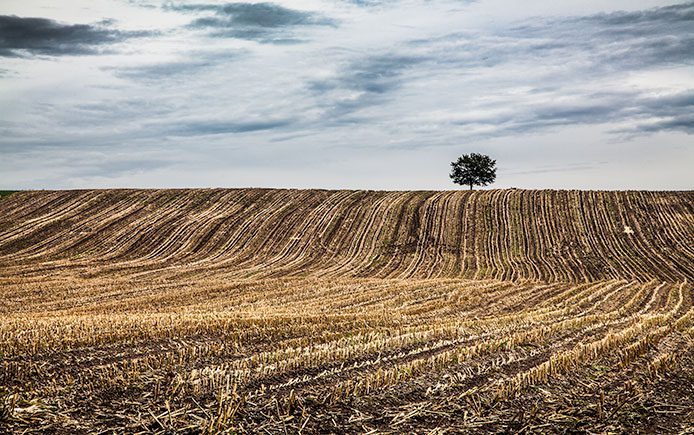
Pesticides and climate change
November 9, 2021
Not only do pesticides affect our health and the environment, but they also play a part, both directly and indirectly, in climate change: For example, fossil fuels are used in the production and transportation of pesticides; their use supports highly unsustainable food and farming systems;
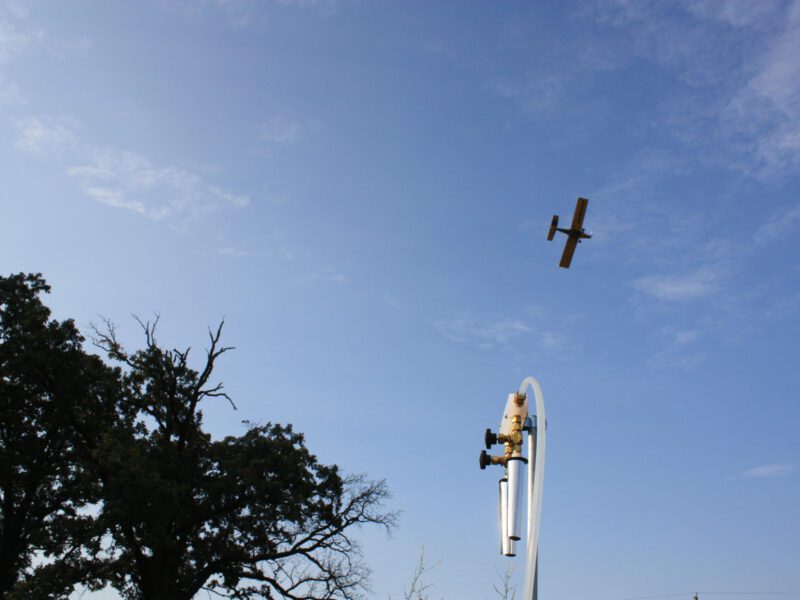
Unfinished business: Completing the chlorpyrifos ban
October 21, 2021
I was invited to the celebration and I wanted to participate. The U.S. Environmental Protection Agency (EPA) had just announced that “it will stop the use of the pesticide chlorpyrifos on all food to better protect human health…” This is what PAN and many partnering

Building resilience by diversifying agricultural systems
October 21, 2021
A recent study found that the diversification of agricultural systems helped reduce social and ecological impacts, increase resilience to stressors and shocks, and promote social equity and ecological sustainability when compared to more simplified agricultural systems.



